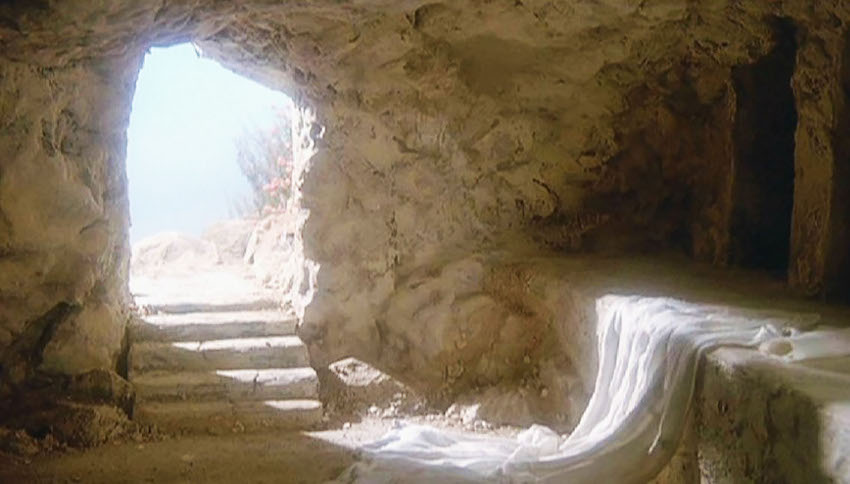
10 Apr The Risen Christ
In 2009 I attended the annual summer Vacation Biblical School in Oxford, England, for three days of lectures on Bible-related themes. It was an opportunity to hear eminent Biblical scholars expound on topics they had studied in detail, and also to meet them informally over lunch and dinner.
Every year kicks off with an inaugural address, which took place that year at St Giles Church. The speaker was the monk and Biblical scholar Henry Wansbrough, who chose to talk on the subject of Biblical Morality. I kept my notes from that day, and looking over them now, I notice the ambition and scale of the talk, which ranged from Adam, Noah, Jacob, and the prophets through to Jesus and Paul.
My first notes were on “Revealed Morality”: the notion that Revelation is God’s gift of himself in friendship, which demands from us a response in friendship and faith. The Bible is the story of how God gives men and women their place on earth, and how we continue the revelation of God, by revealing God’s goodness to one another. To aid us God gives us the Law, or commandments, teaching us what to be if we want to be God’s people.
My final notes from the talk covered the question concerning morality and the afterlife. If we believe in a life after death, how does that change the way we behave now on earth? The Bible teaches us to take care of the poor and the outcast: it’s not human rights, but human duties to carry out the work of God.
In the same year as I heard him speak, Father Wansbrough wrote an article in the London Times about the Risen Christ. The article has not appeared in any collection of his writings, as far as I am aware, so I have excerpted part of it as our meditation for Easter.
“Christians are often uncomfortable at calling the Resurrection itself a “historical event” at all. Paradoxically, this does not imply that it was an “unhistorical event”, that nothing happened. The difficulty is that a historical event should have a beginning and an end. The Resurrection has a historical point of departure, the dead and inert body, but no point of arrival within history, for the Risen Christ is beyond and outside history.
“If this event is described as historical, it is like no other historical event, perhaps best described as “meta-historical”. Christ was changed and bodily moved into the sphere of the divine. Christians simply do not know what to make of a body or person that has made the transition from the limitations of time and space into eternity. The Risen Christ can eat and move, but not in the same way as normal physical bodies. The language of “seeing” is consistently used: it was something that could be seen, not merely nebulously experienced.
“In all the accounts He is not immediately recognized, but in each He is approached with awe and reverence. Perhaps it is best to leave it that whatever happened on that Easter morning transformed a group of whimpering cowards, convincing them that they had seen the Lord in power. How the tomb became empty cannot be described. But the meetings that followed present in various ways the renewal and power imparted by the dauntingly powerful figure. It gave the followers of Jesus certainty and confidence that no power on earth could stand against them.”
Have a blessed and happy Easter.
Father David
P.S. Last year while on retreat I bought the recent (2019) edition of the Revised New Jerusalem Bible (Study Edition), and noticed that its editor was the same Dom Henry Wansbrough I had seen in Oxford. If you need a modern, readable one volume translation of the Bible with excellent notes, then this is it. (Ruth and I currently use it for the daily offices).




No Comments